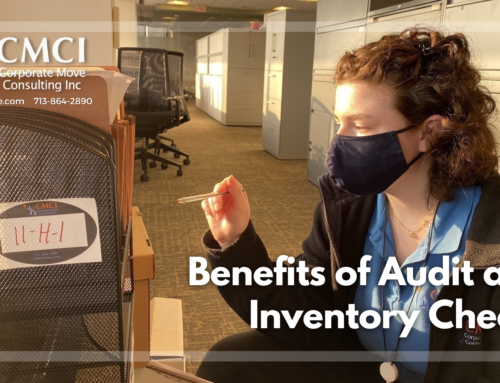
We’ve all watched the HGTV programs where the celebrity contractor smiles while holding a drill to a cabinet, and suddenly, the kitchen renovation is finished! These shows make remodeling a home look as if it’s a weekend project.
Believe us, it’s not. Even with residential renovations, the amount of risk can be overwhelming to owners. Contractors can overcharge or disappear, pipes can burst, asbestos can be discovered and poorly handled, and in the meantime, your home has become the setting of your latest nightmares. Problems occur so often in remodeling that design firms have a name for this kind of project: renovation rescue.[1] The existence of firms willing to pick up the pieces of a house left in disarray can be a blessing during a time of need, but we think most homeowners would rather not reach that step in a remodeling project. Here are a few pointers to consider before you start your remodel.
The best way to avoid hiccups in your project is finding a reliable general contractor and having a clear written agreement. We mean it. Get it in writing. All of it. Verbal agreements may work for nights out with your friends, but when you are agreeing to something that will affect your assets and your financial and mental wellbeing, you need every detail spelled out in a legally binding document.
That said, you also need to make sure your contractor has been properly vetted before you sign on the dotted line. First, look for proof of insurance. If they are a professional, they should have both liability insurance and insurance for worker’s compensation. Should a contractor neglect to pay his workers with the money you agreed upon, under a mechanic’s liens (a legal tool used by contractors to secure payment for unpaid labor)[2], there is still a chance you could be held responsible. Next, you need references, and you actually need to check them. Contact owners of past projects to see how the process with the contractor in question went. You should also check the BBB for additional ratings. Lastly, it is extremely important to make sure your contractor is licensed to work in your state. This document is further proof that they are legitimate and know how to handle your project.
Organizing an array of contractors to take care of every aspect in your residential remodel can be a headache, but with lots of patience and organization, it can be accomplished.
The same cannot be said for a larger remodel. If your business or organization is looking to remodel, the coordination of that project is a full-time job that requires professional experience. At CMCI, we handle all the tasks that come with a building renovation, and our risk management keeps projects on task and on budget. Check out our 5 Step Process to see how our expertise can be the answer to a smooth remodel.










